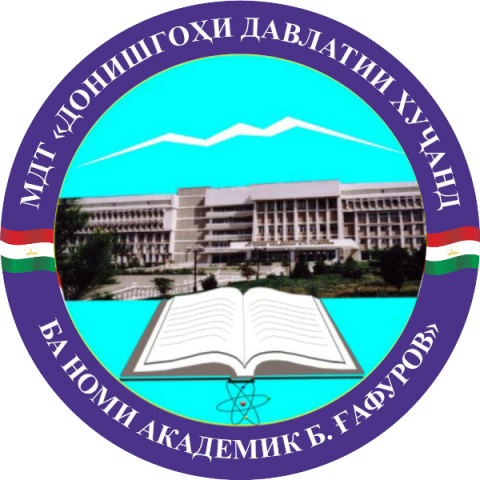2021
A LOOK AT THE EVOLUTION OF EDUCATION IN AFGHANISTAN (2001-2016)
 
Authors: Sharipov Rahmonali Yatimovich Dr. of History, Professor, of the Tajik National University, Kusho Fahim, doctoral student of the second year of the history faculty under the Tajik National University (Tajikistan, Dyshanbe)
JOURNAL NUMBER: 3(68). YEAR OF ISSUE: 2021.  LANGUAGE OF THE ARTICLE: Tajik
 ANNOTATION
The article describes the general development of education in Afghanistan in 2001-2016.The bloody and complex struggle for survival in Afghanistan has really ruined social and cultural life, but the continuous efforts of the Afghan government to overcome the stagnation of the revitalization of the infrastructure of social institutes of values and the mechanism of human activity require a real (objective) scientific analysis at the end of the XX and XXI centuries. Afghanistan's education system has grown over the years. The modern education system, like the composite system and the internal opposition of the country, its historical growth is under the influence of traditional (continuous) traditional conservatism (antiquity) and the values of the past. Especially the influence of Islam, which has established the traditional education system of Afghanistan by religious people. Seen at the beginning of the XXI century. Therefore, the contemporary contemporary incorporates the eliminations of traditional knowledge and adapts and acts in accordance with contemporary conditions. Afghanistan's modern education system plays an important role in the formation of Ziains (educators), representatives of the middle and upper classes of the country, the country's Zooka class (civilians and military), leaders and activists of political parties and organizations, and so on. Their activities reflect the degree and content of modern education and their worldview.
KEY WORDS
Afghanistan, Constitution, Education Law, School, United Nations, UNESCO, UICEF, student
 ðÉð¢ð│ð╗ð©ð╣Ðüð║ð©ð╣
ðÉð¢ð│ð╗ð©ð╣Ðüð║ð©ð╣
 ðóð¥ÊÀð©ð║Ëú
ðóð¥ÊÀð©ð║Ëú  ðáÐâÐüÐüð║ð©ð╣
ðáÐâÐüÐüð║ð©ð╣ 
